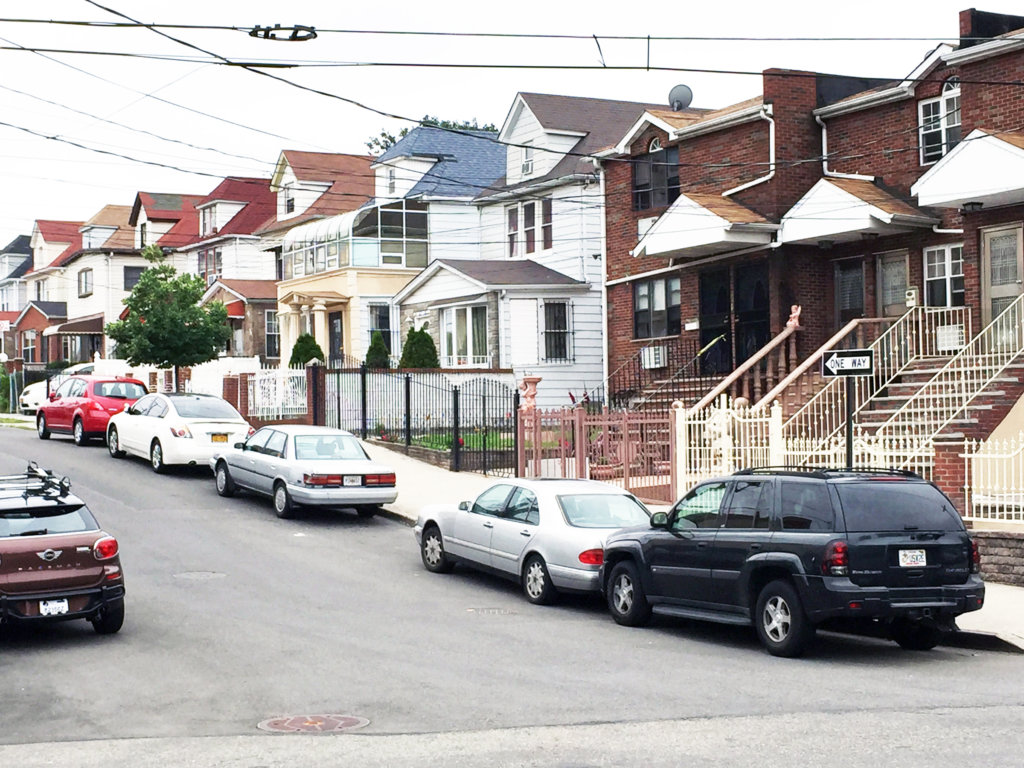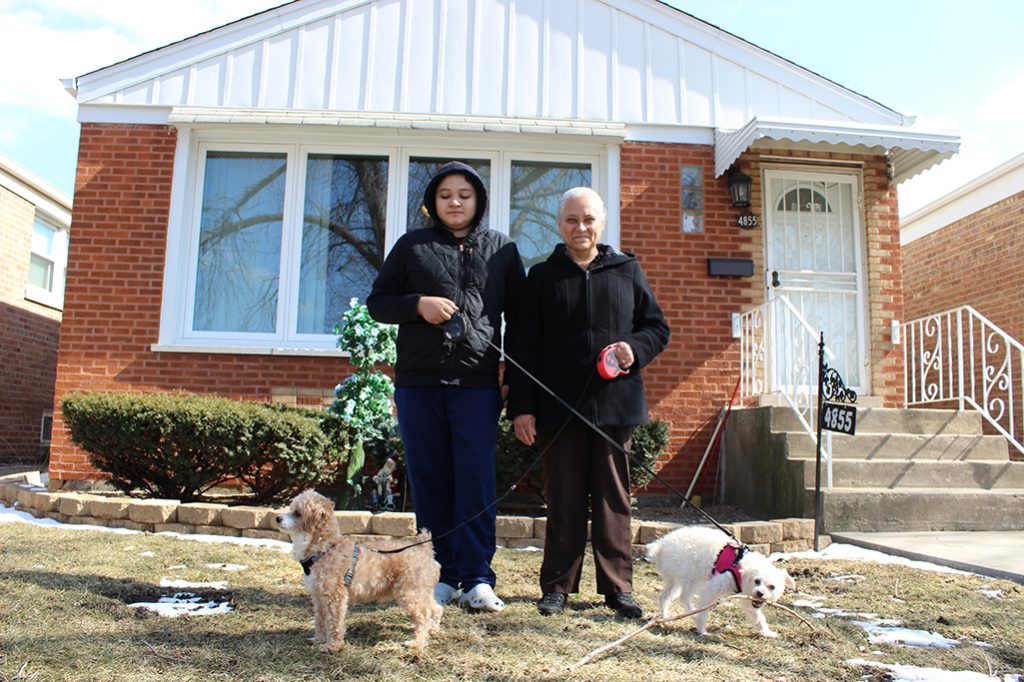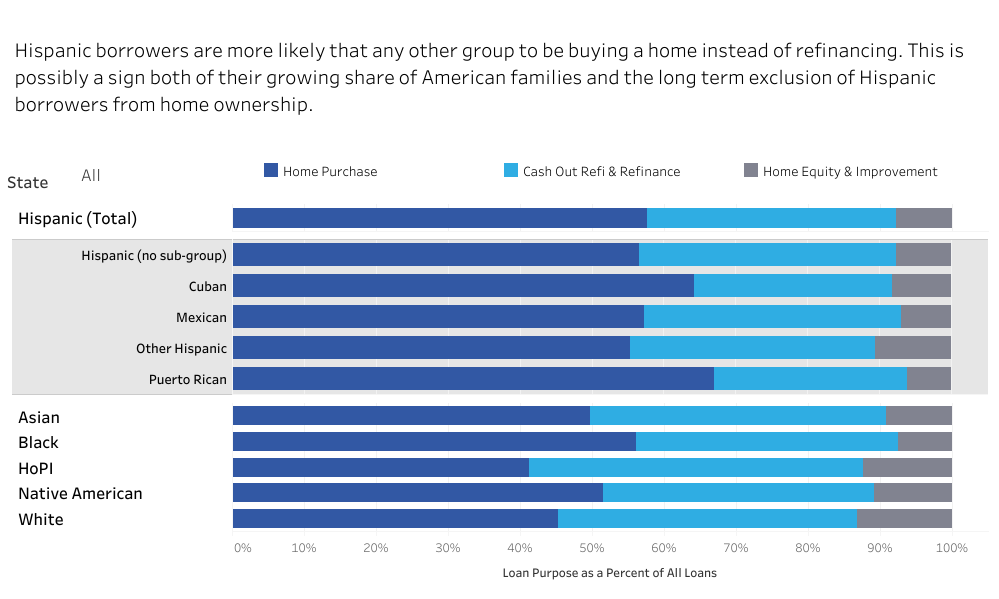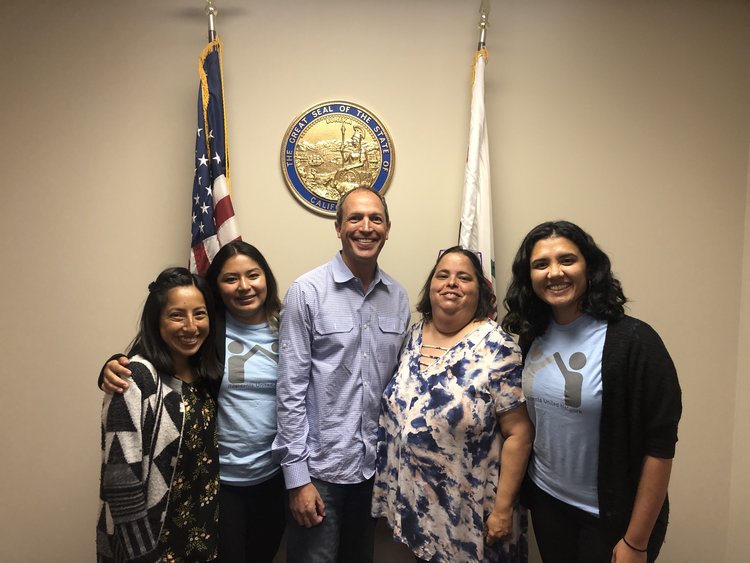Rolling back the disparate impact rule could harm the ability of Latino families to access affordable homes
The concept of disparate impact is a key civil rights protection. But the Trump administration has been attacking it all year.
By Stephanie Presch, Content Specialist, UnidosUS

It’s been more than 50 years since the passage of the Fair Housing Act, but the fight to obtain affordable housing for the Latino community is far from over. For example, early in April, Facebook was in the news for allowing the use of discriminatory housing ads on their platform. It worked like this: landlords posting ads for a room or an apartment to rent could choose which audiences could see their ads. In doing so, they were able to exclude people of certain identities from seeing them.
But discrimination is not always so obvious. In fact, sometimes discrimination is completely unintentional.
The Fair Housing Act has been an important law in the fight to help our community have complete access to affordable homes. Not only does the Fair Housing Act protect against discrimination, but it’s also meant to protect against policies that are “facially neutral” and disproportionately affect communities of color.
This protection from discrimination that might not be “intentional” is known as disparate impact.
A KEY PART OF CIVIL RIGHTS PROTECTIONS
The concept of disparate impact is a key civil rights protection. Under the disparate impact standard, practices or systems can be considered discriminatory if they unfairly affect communities of color, even if there was no intent to discriminate.
The Trump administration has been attacking the disparate impact standard since January. At the time, The Washington Post obtained an internal memo from the Justice Department that noted the agency was looking at rolling back civil rights protections, and had even directed officials in the department to look into what the effects would be of doing so. At the time, the Post also noted that both the Department of Education and the Department of Housing and Urban Development (HUD) were considering ending these protections.

The concept of disparate impact has been challenged before. In 2015, a case called Texas Department of Housing and Community Affairs v. The Inclusive Communities Project made its way to the Supreme Court. The Inclusive Communities Project accused Texas of assigning federal tax credits for low-income housing in poor areas around Dallas, keeping families of color out of predominantly White neighborhoods.
That case was resolved with a 5-4 vote in favor of maintaining the disparate impact rule.
So, what does that mean?
It means that we’ve been here before, and the courts have already decided that the rule is a necessary component of civil rights law.
LATINO FAMILIES STILL EXPERIENCE DISCRIMINATION WHEN LOOKING FOR HOUSING
In March 2018, UnidosUS sent a letter to Secretary Carson urging him to maintain HUD’s commitment to ending discrimination in the housing market. In the letter, we noted that even though the Fair Housing Act is the law of the land, more than 30% of Latino adults reported experiencing discrimination in searching for an apartment or buying a home in 2017.
Hispanics are also more than twice as likely as Whites to be denied or fear being denied a loan to help them buy a home. In the lead-up to the Great Recession, Latinos were steered toward subprime loans even when they had good credit. As a result, the wealth of Latino families fell by 66%, compared to 16% for White families.
RELATED:
- Read our new report Latinos and the Great Recession: 10 Years of Economic Loss and Recovery
Eliminating the disparate impact rule for our families could lead to them having to accept more dangerous or harmful living situations, and leave them with little recourse to fix their situation.
As part of its mission, HUD has a commitment to uphold “inclusive and sustainable communities, free from discrimination.” But they have often stepped back from investigating many cases of housing discrimination.
At a time when inequality exists in our housing market, we should not roll back measures that help our community—and all Americans—to have an affordable home and have the peace of mind that they’re protected if anything goes wrong.
UnidosUS is committed to expanding opportunities for Latinos in the United States. Since 1997, through the UnidosUS Homeownership Network, more than 590,000 families have received assistance finding a home, staying in their home, and understanding their rights. And we remain committed to helping our community secure affordable homes, free of any kind of discrimination.

